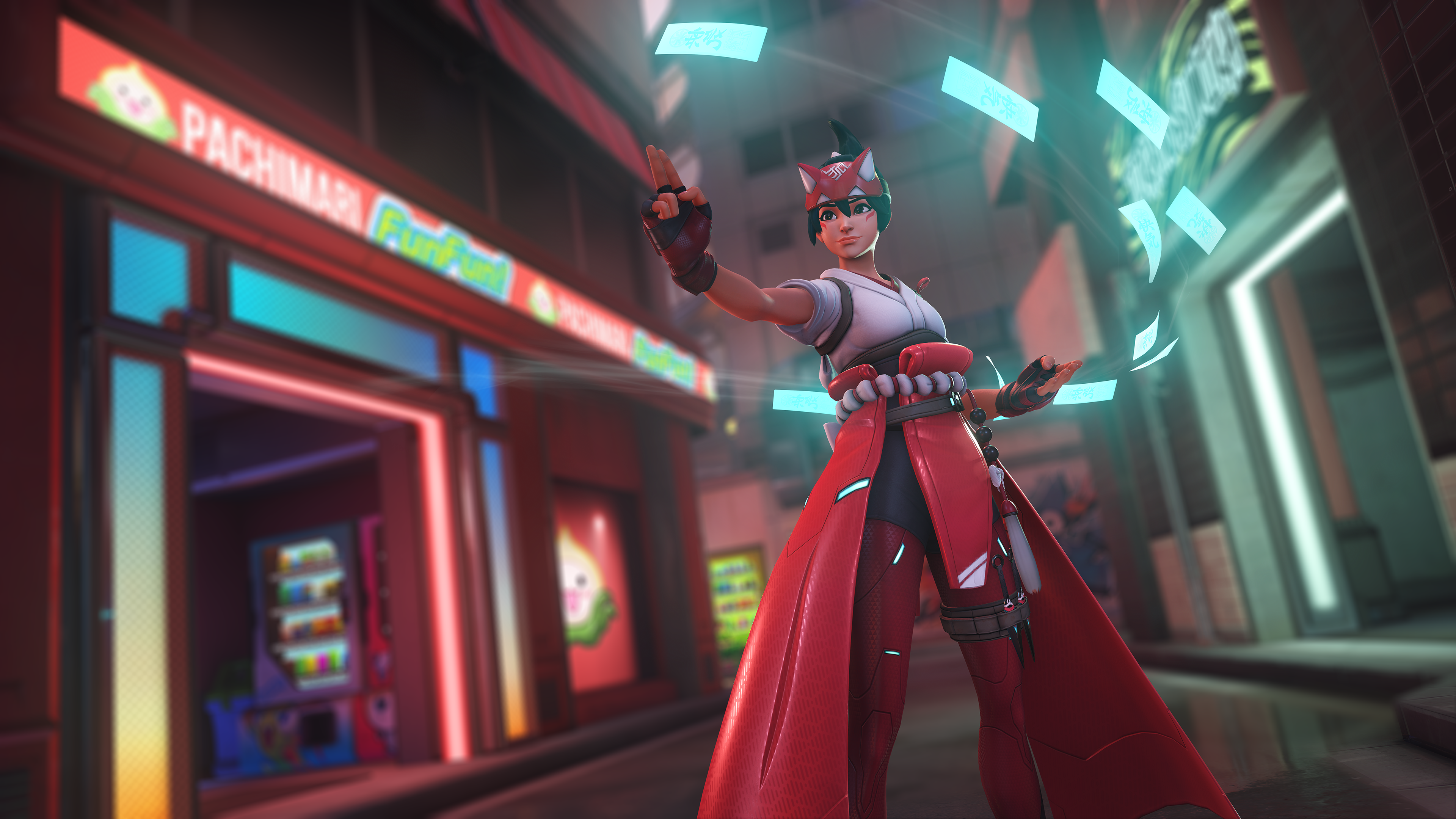
What you need to know
- Microsoft is attempting to purchase Activision-Blizzard for a massive $69 billion dollars.
- The transaction for the Call of Duty maker has been under heavy scrutiny with regulators across the globe.
- Another potential hurdle has been cleared, with Japan's Fair Trade Commission tentatively ruling in favor of the deal.
- Japan is one of the world's biggest gaming markets, where Microsoft enjoys a very slim footprint.
Another potential hurdle has been cleared in the big Xbox, Activision-Blizzard merger.
Microsoft is trying to buy up Activision-Blizzard, known for Warcraft, Candy Crush, and Call of Duty. Despite stiff opposition from Sony PlayStation, increasingly it's looking likely that the deal will go through, ever since the notoriously difficult UK CMA reduced its scope of concerns this past week. Now, another important regulator has also spoken up.
Japan represents the world's second-largest gaming market after the United States by some metrics and has been resurgent in recent years owing to the runaway success of Nintendo, PlayStation, and other publishers like Capcom and From Software. Microsoft has a minuscule market share in the region but has recovered some lost ground from the disastrous Xbox One era. Recently, Xbox has managed to corner some major Japanese franchises such as Yakuza and Persona, by leveraging Xbox Game Pass.
Microsoft now has another opportunity to grow in Japan potentially, given that Japan's Fair Trade Commission has essentially ruled in favor of the deal (via FOSSPatents). Via translation, in the documentation, it appears that the regulatory body found that the deal would "would not substantially reduce competition" in Japan.
Japan Fair Trade Commission clears #Microsoft-#ActivisionBlizzard: no risk of substantial lessening of competition in any relevant market.https://t.co/l0ocwqVfaTThis means it's now 8-0 against #Sony's CoD #PlayStation foreclosure theory of harm: https://t.co/V4kXukNtRN$ATVIMarch 28, 2023
Interestingly, this past week, U.S. Congress members complained that Japan's FTC was actively turning a blind eye to PlayStation's "potential violations" of antitrust laws by paying to block out Xbox versions of games in the region. When comparing just PlayStation and Xbox, Microsoft's console only has a 2% share in the region, despite being active in the market for 20 years. The secrecy around licensing deals makes it hard to actively place blame, but the lack of investment in first-party content during the Xbox One era is undoubtedly a major factor. Microsoft has an opportunity to interest new users via Xbox Cloud Gaming and the more affordable Xbox Series S, both of which have reportedly seen some success in Japan and nearby markets.
Microsoft is expected to survive regulatory concerns in the European Union and in the UK, as well as China. The deal potentially still faces some challenges in the United States, with the FTC still opposed to the deal. It has, however, avoided filing proceedings in federal court systems, which could be seen as a sign that it would expect to lose a broader lawsuit.







